10 Big Ideas Nova Scotia Shouldn’t Leave Behind
A love letter to old ways, not nostalgia, just noticing what actually worked.
1. The Antigonish Movement
A working-class renaissance built on co-ops, credit unions, and adult education. Born in church basements, it turned fishermen into financiers and housewives into entrepreneurs. It was radical. It was local. And it worked.
“We don’t need handouts—we need to own the bank.”
2. Rural Passenger Rail
Once, the train connected not just towns—but people, economies, and ideas. You could board in New Glasgow and arrive at a grand central station in Halifax with time for lunch and a job interview. It was affordable, social, and sane. We traded it for four-lane loneliness, gridlock, and the grim cost of cars.
3. The Department of Lands and Forests
Before the name got bureaucratized into oblivion, Lands and Forests stood for stewardship. Rangers knew the land, walked the rivers, and spoke in the language of fire and pine. The goal was to increase the game and the value of the forest experience for all. Now? We have consultants, clearcuts, and a commoditized forest.
4. Towns
Not just places—but shared stories, sidewalks, neighbours. The kind of towns where you let pedestrians cross in bad weather—because it's always bad weather. Where churches had basements, the diner knew your order, people gathered, and local government was a room full of people you recognized. Over 200 towns and villages were swept up in the amalgamation scheme of the 1990s. It was a mistake.
5. Community-Based Resource Management
Remember when we fished for the next generation, not just the next quarter? From cod quotas to tree cutting, we once believed in taking just enough — not robbing each other and the future. It wasn’t environmentalism—it was survival wisdom.
6. Local Journalism with Purpose
Every town had a paper. Some were cranky, some poetic. Most were both. They held councils to account, printed the 4-H fall fair winners, and published your poem beside news of the world far away. It made us real to one another. It was our eyes, ears, and voice. It was crucial to good government and part of the foundation on which we stand today.
7. The Ceilidh as Institution
Not just music. A ceilidh was public intimacy. It said: you are welcome in this room, this rhythm, this story. Parlor pianos were prized possessions, and their players Pied Pipers. It’s why you knew every fiddler, every cousin, and who once fell in love on the kitchen floor.
8. Tenders, Barn Raisings, and Working Bees
We knew how to mobilize. If you needed a roof, you didn’t Google quotes. You called a brother-in-law, who called a friend, who called his uncle. And by Sunday, you had a shed, room, roof, or front step. And the standard of quality, much higher than today, was imposed by a community that cared, not a vast bureaucracy that doesn’t.
9. Responsible Government
We invented it here—literally. Nova Scotia was the first place in the British Empire to win responsible government, the principle that those who govern must answer to those they govern. It was a victory for common sense. Let’s not forget it in an amalgamated age of bureaucrats and party lines.
10. The Ocean Explorers
Caring for the Canadian Coast Guard's fisheries and oceans duties. These vessels were part of the larger initiative of building modern, versatile ships to support the government's mission. The new "Offshore Fisheries Science Vessels" (OFSVs) like the CCGS Sir John Franklin, CCGS Jacques Cartier, and CCGS John Cabot, were the first large vessels designed and built under the National Shipbuilding Strategy for this purpose. While these vessels support science and research, they also contribute to sustainable fisheries management and environmental law. “The sea is common to all because it is so limitless that it cannot become a possession of anyone, and because it is adapted for the use of all...”
And a bonus good thing…
Roadside Tables and Honour System Roadside Market Stands
They tell of land that still gives, that views have value, rest is a reward, families that still grow, and a culture that believes in the honour system. In an age of e-transfer and tap-to-pay, the roadside stand reminds us that trust is a form of currency too.
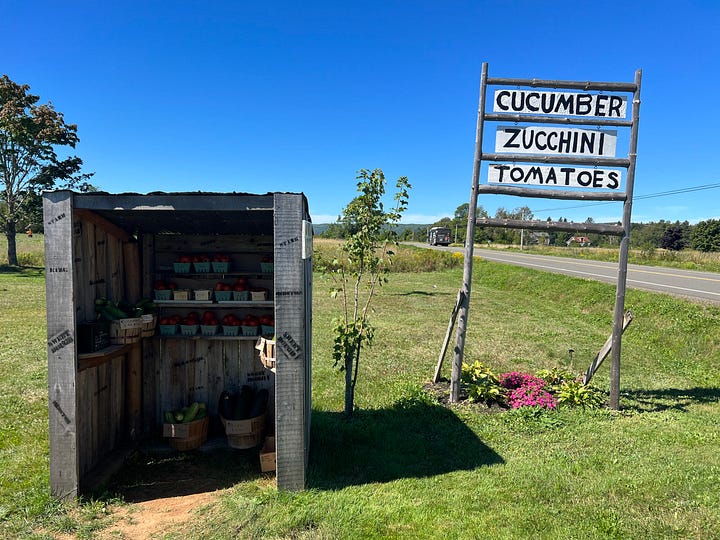
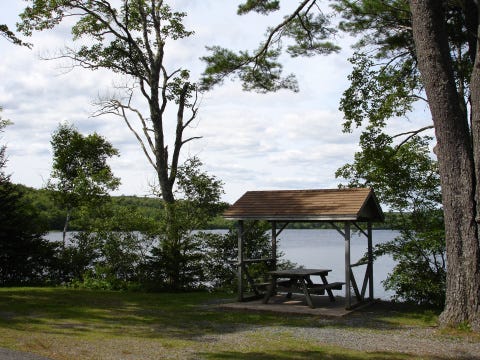
Tell us what’s worth keeping.
Not nostalgia for nostalgia’s sake, but the real, hard-won, quietly beautiful parts of this place that deserve to go forward with us.
Reply, comment, or write your own list.
We’ll gather them up and share them widely.
Because the best way to build a better Nova Scotia is to remember what already works.


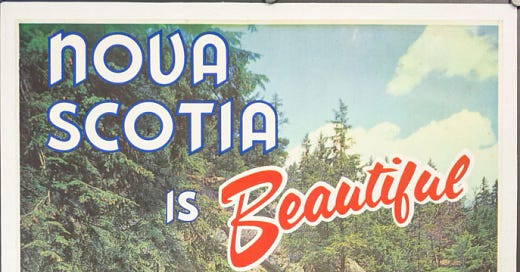



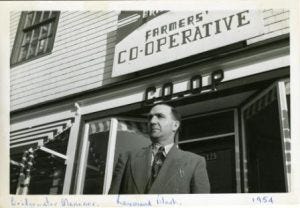
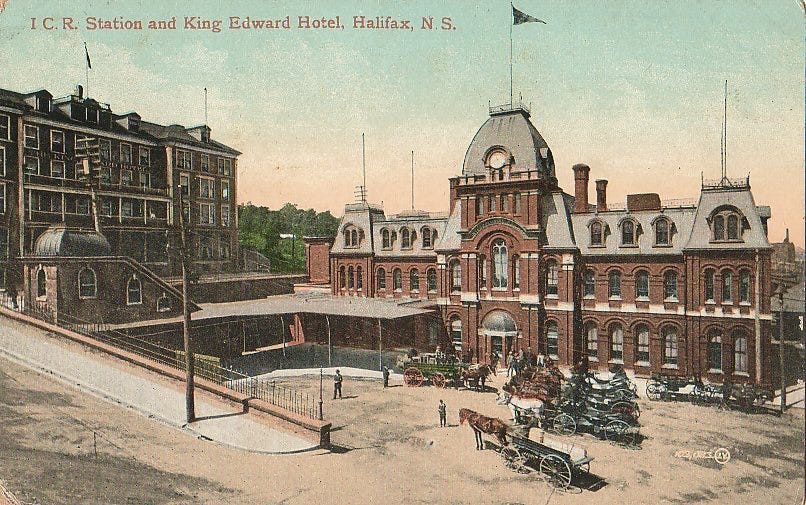
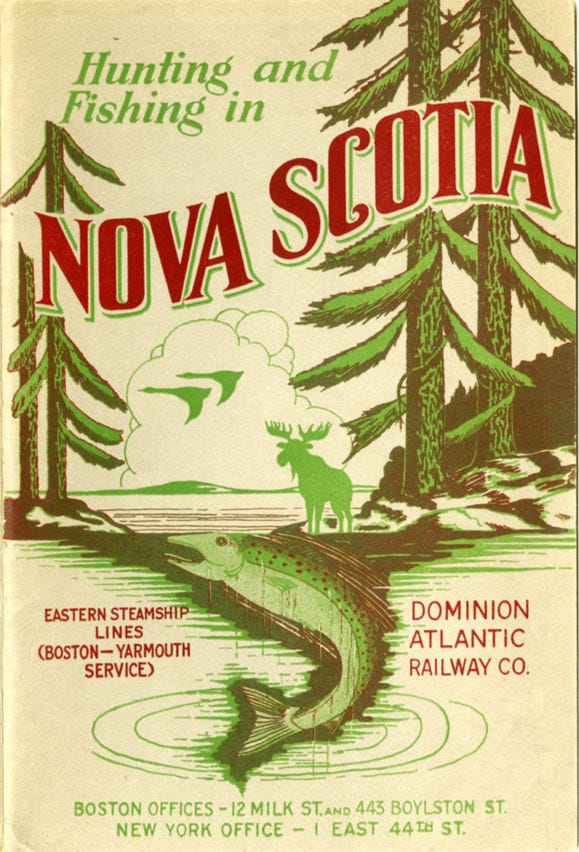

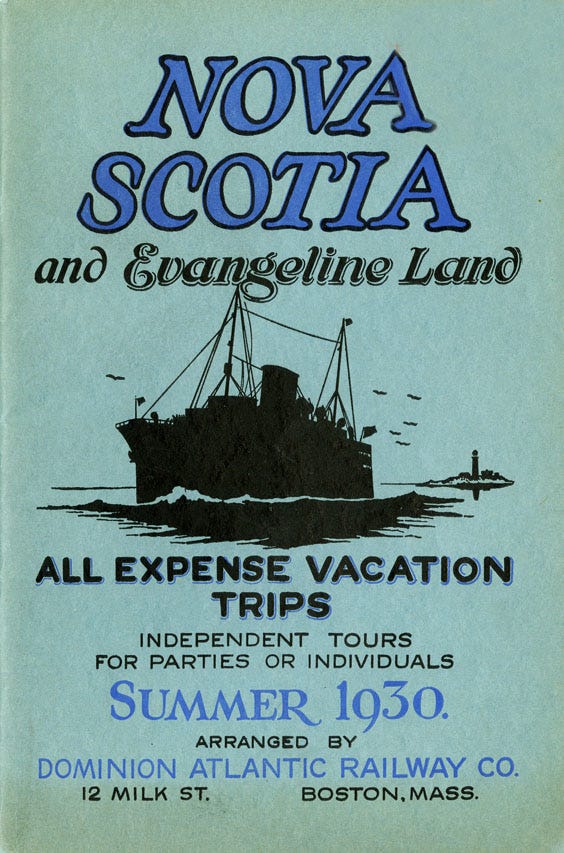
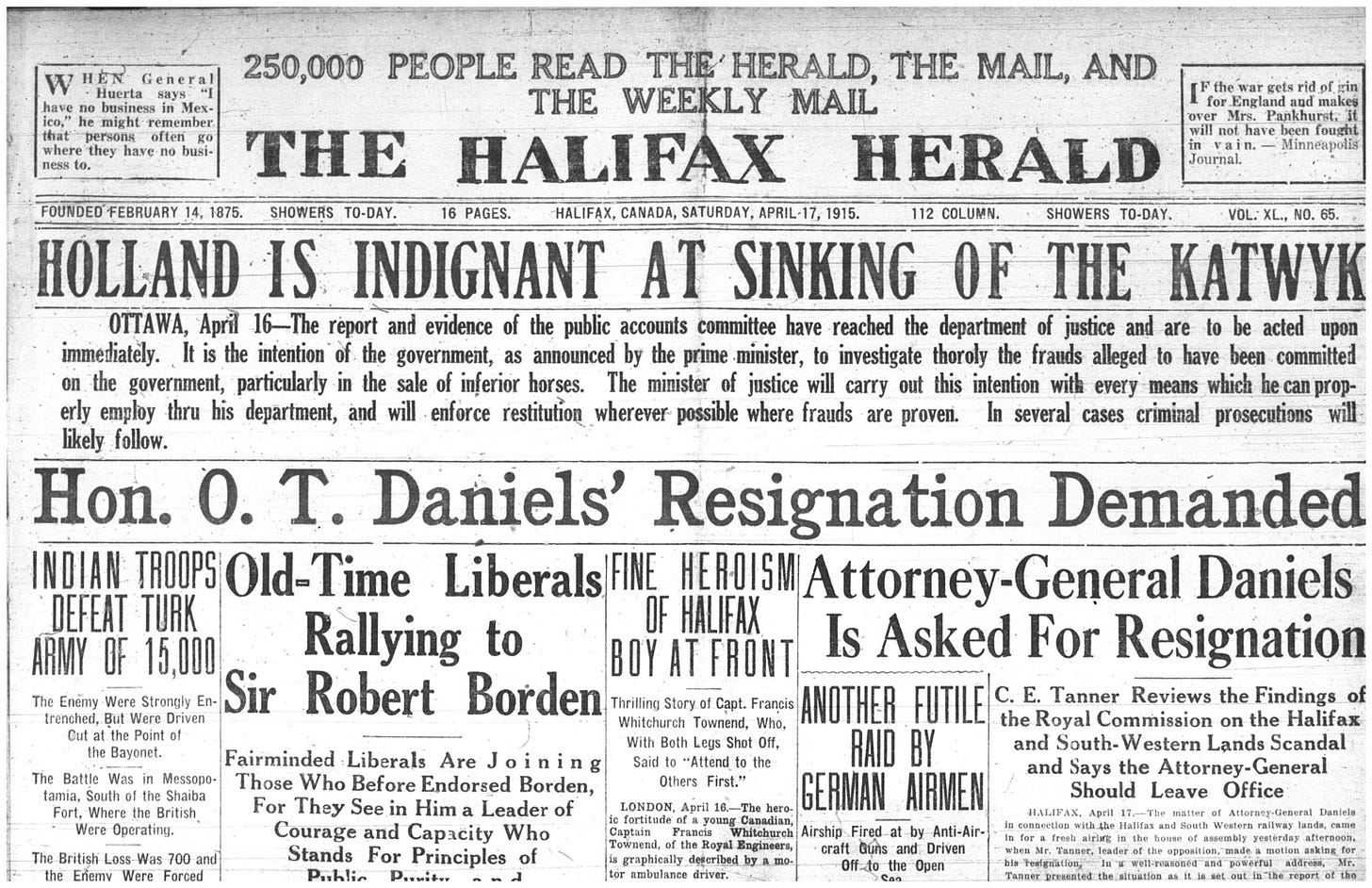

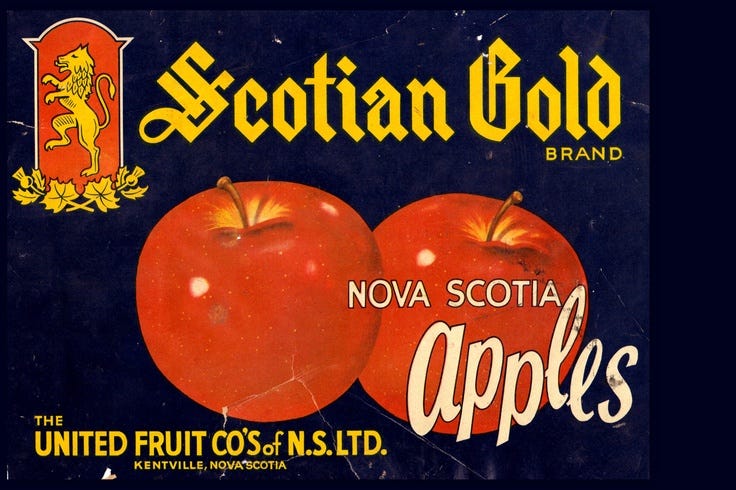
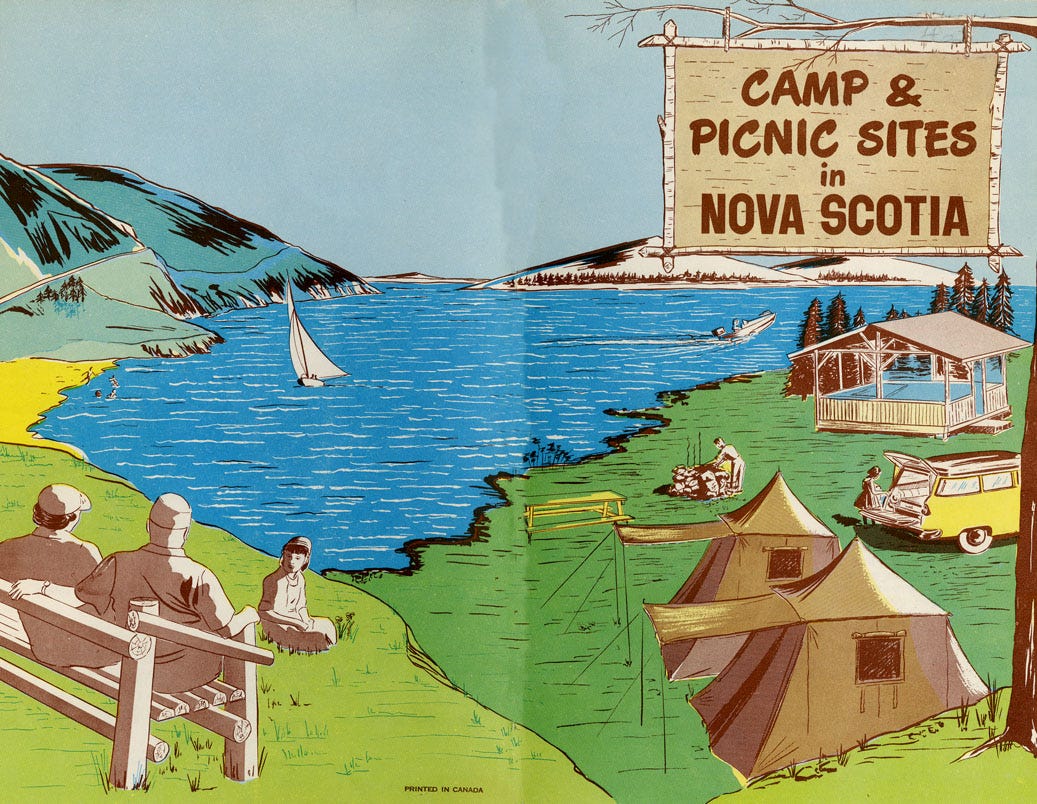
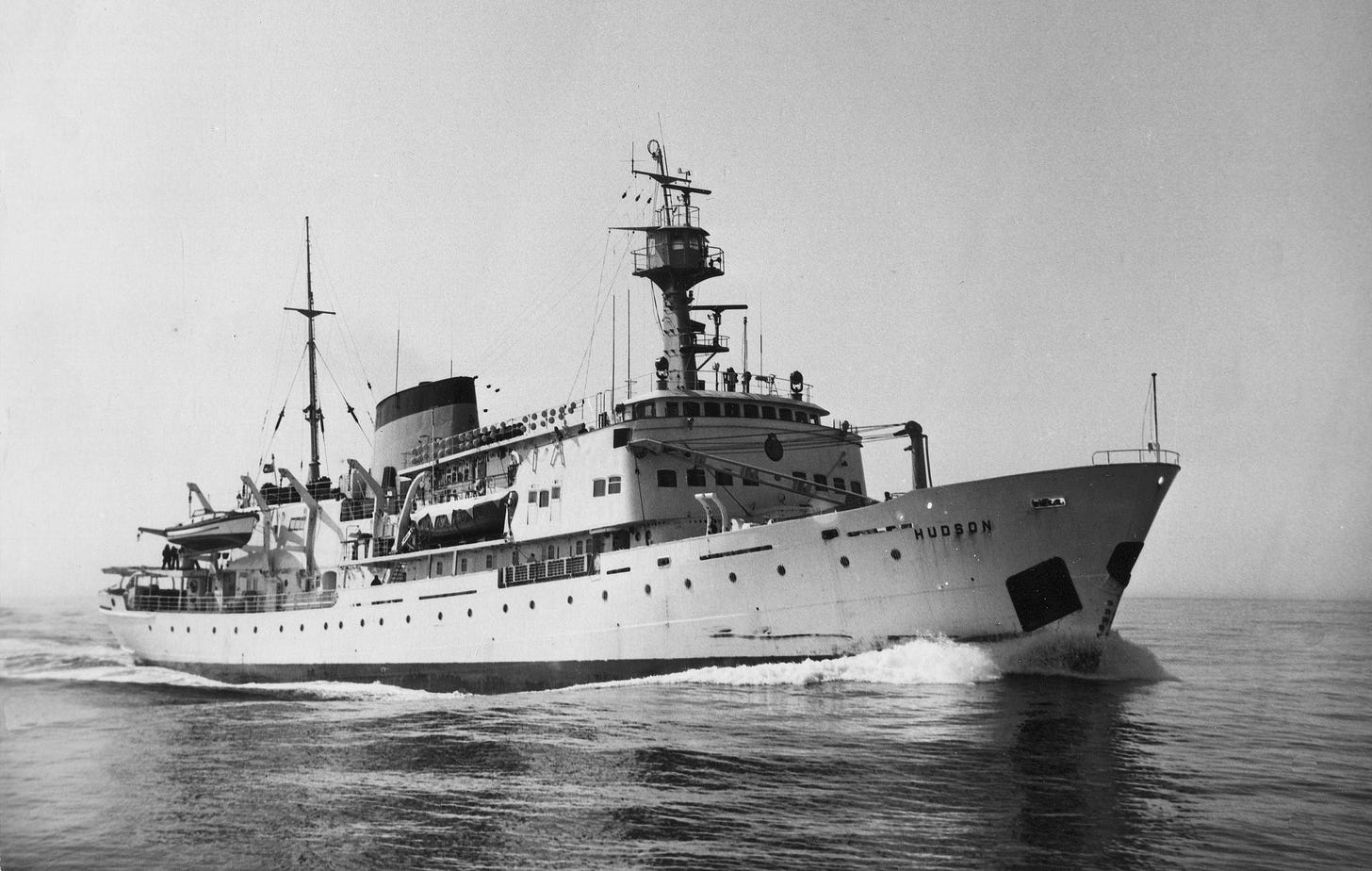
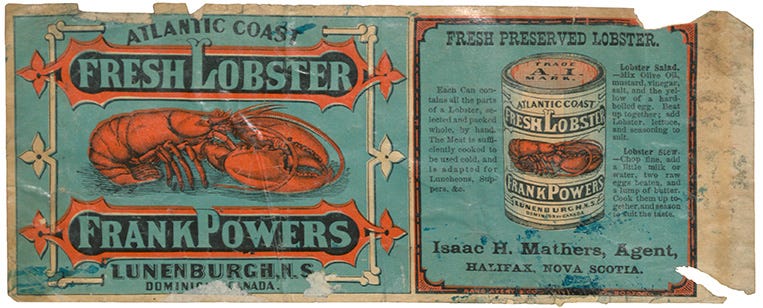
at least the bonus at the end is coming back, along with lots of eggs for sale.
you missed "owning our own power".
Love these memories and the simpler time … when everything wasn’t HUGE!!